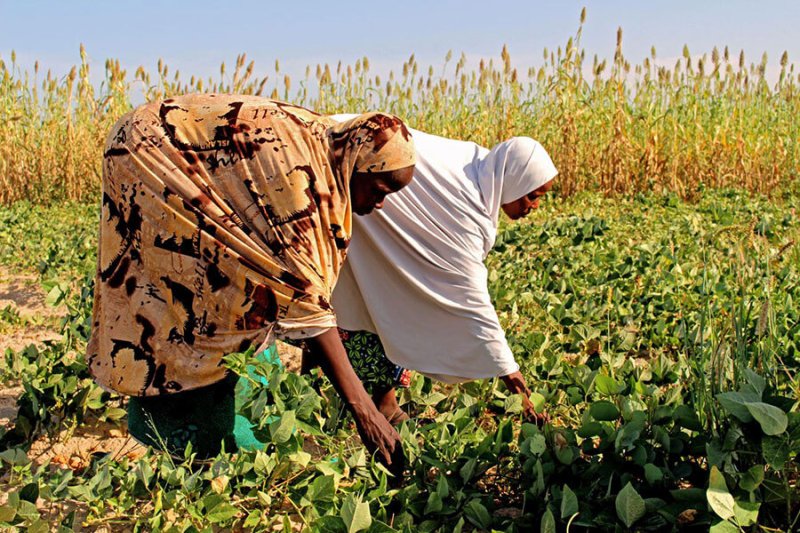Farmers around the world are using advances in agricultural science to increase crop yields, reduce the need for pesticides and feed hungry communities.
In Nigeria, for example, the government recently recommended the first strain of genetically engineered cowpea for commercial use, which was developed by Nigeria’s Institute for Agricultural Research at Ahmadu Bello University, Zaria, in collaboration with a network of African, American and Australian researchers.
Cowpeas are a staple of Nigerian food, but the Maruca vitrata pod borer insects can destroy up to 80% of an ordinary cowpea crop. This can force farmers to use expensive and poisonous pesticides, often without adequate protective equipment. The modified cowpea is resistant to insects, reducing the need for pesticides.
“I haven’t wanted to plant cowpea here in Nigeria” because of the insects, particularly pod bore, wrote Onyaole Patience Koku, a Nigerian farmer, when the modified strain was approved in December. “But now farmers like me and across Nigeria have a way to defeat this terrible pest.”
…
Studies show that genetically modified plants are safe, and since they are so successful at alleviating hunger, scientists have called on governments to approve the use of genetically modified crops to help feed people around the world.































